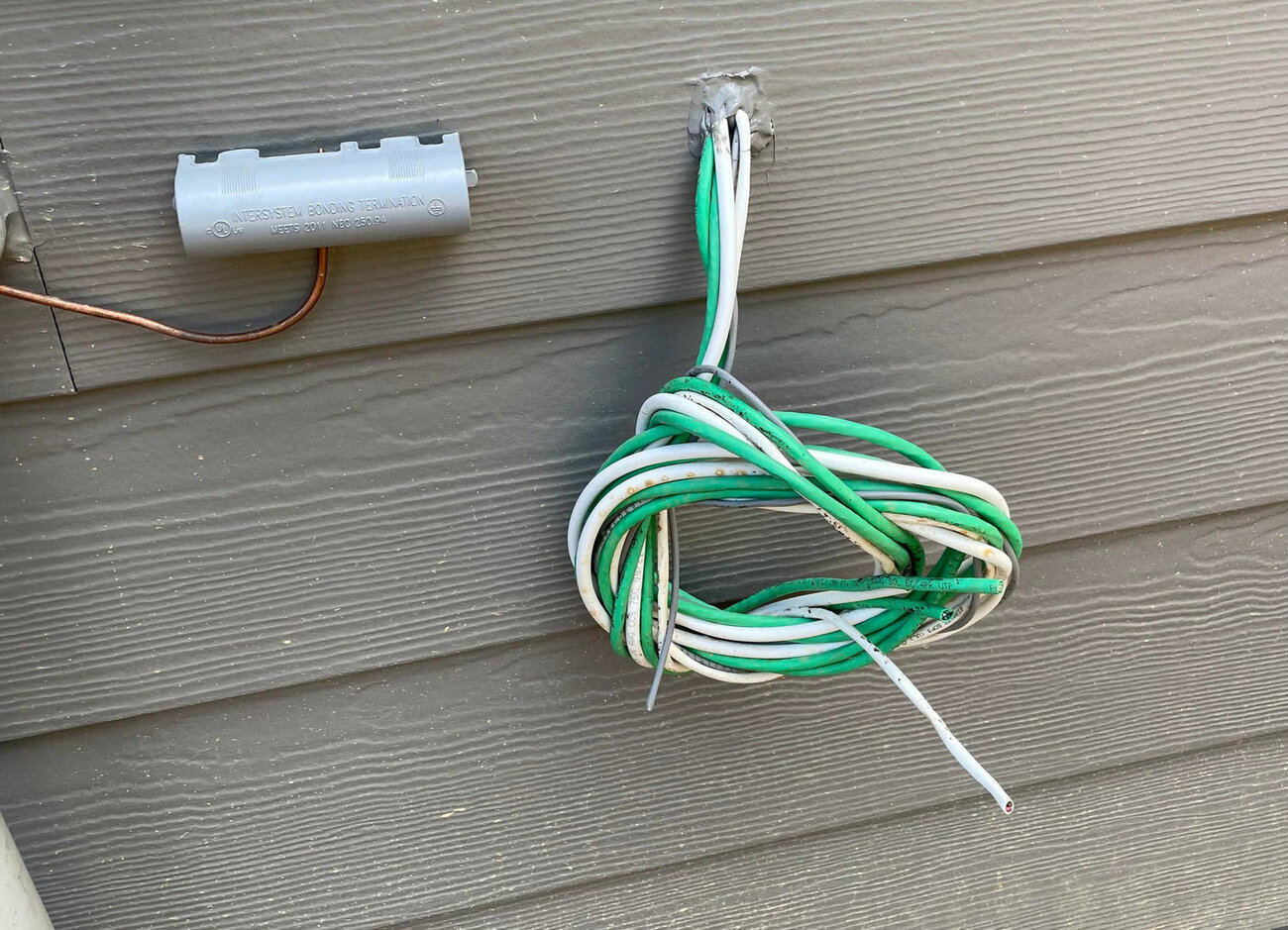

Articles
What Kind Of Electrical Wire To Use Outside
Modified: October 19, 2024
Looking for articles on what kind of electrical wire to use outside? Find valuable information and expert tips on choosing the right wire for outdoor applications.
(Many of the links in this article redirect to a specific reviewed product. Your purchase of these products through affiliate links helps to generate commission for Storables.com, at no extra cost. Learn more)
Introduction
When it comes to outdoor electrical projects, choosing the right wire is crucial for safety and reliability. Outdoor electrical wires are exposed to various weather conditions, such as rain, snow, heat, and UV rays. Therefore, they need to be able to withstand these elements and provide a secure connection for your outdoor electrical systems.
Not all wires are suitable for outdoor use, as they may not have the necessary insulation or protection to withstand these environmental factors. In this article, we will explore the factors to consider when choosing electrical wire for outdoor use and discuss the different types of wire available for this purpose.
Whether you’re planning to install outdoor lighting, a new electrical circuit, or a power outlet in your garden, understanding the different types of outdoor electrical wire will help you make an informed decision.
So, let’s dive into the factors you should consider when selecting wire for outdoor use.
Key Takeaways:
- Choosing the right outdoor electrical wire involves considering weather resistance, insulation type, wire gauge, voltage rating, code compliance, and compatibility. Each wire type, such as UF-B, THHN, THWN, direct burial, and low voltage landscape lighting wire, offers specific features for different outdoor applications.
- Consulting with a licensed electrician and adhering to local electrical codes and regulations is crucial for the safe and efficient operation of outdoor electrical systems. Proper installation and selecting the appropriate wire type, based on the specific outdoor project requirements, ensure a reliable and long-lasting outdoor electrical system.
Read more: What Kind Of Copper Is Electrical Wire
Factors to Consider When Choosing Electrical Wire for Outdoor Use
Choosing the right electrical wire for outdoor use requires careful consideration of several factors. Here are some key factors to keep in mind:
1. Weather Resistance: Outdoor electrical wires must be able to withstand the elements. Look for wires with weather-resistant insulation that can protect against moisture, UV rays, and extreme temperatures. This will ensure the longevity and safety of your outdoor electrical system.
2. Insulation Type: Different insulation types are suitable for different outdoor applications. For wet locations, where the wire might come into contact with water, look for wires with moisture-resistant insulation, such as THWN wire. For underground installations, consider wires with direct burial insulation.
3. Wire Gauge: The wire gauge, or thickness, determines the maximum amount of electrical current the wire can safely carry. For outdoor applications, consider using a heavier gauge wire to account for the longer distances and potential power demands. This will help prevent voltage drops and ensure efficient power delivery.
4. Voltage Rating: Ensure that the wire you choose is rated for the voltage of your outdoor electrical system. Different wire types have different voltage ratings, so make sure to check the manufacturer’s specifications to avoid any safety hazards.
5. Code Compliance: Always adhere to local electrical codes and regulations when selecting electrical wire for outdoor use. These codes ensure the safety and proper installation of electrical systems. Consult with a licensed electrician or refer to the National Electrical Code (NEC) for guidance.
6. Compatibility: Consider the compatibility of the wire with other components of your outdoor electrical system. Ensure that the wire is compatible with connectors, switches, outlets, and other devices that you plan to use. This will ensure a seamless electrical connection and prevent any compatibility issues.
By carefully considering these factors, you can choose the right electrical wire for your outdoor projects, ensuring safe and reliable electrical installations.
Types of Electrical Wire for Outdoor Use
There are several types of electrical wire specifically designed for outdoor use. Each type has its own unique features and applications. Let’s explore the most common types:
-
UF-B Wire:
UF-B (Underground Feeder) wire is designed for direct burial applications. It has a tough outer sheath that provides protection against moisture, sunlight, and other environmental conditions. UF-B wire is commonly used for outdoor lighting, irrigation systems, and underground electrical installations.
-
THHN Wire:
THHN (Thermoplastic High Heat-resistant Nylon) wire is a versatile option suitable for both indoor and outdoor use. It has tough, heat-resistant insulation that can withstand a wide temperature range. THHN wire is commonly used for outdoor electrical wiring, such as overhead service entrances, outdoor lighting, and conduit installations.
-
Read more: What Kind Of Wire Is Used For Alarm Systems
THWN Wire:
THWN (Thermoplastic Heat- and Water-resistant Nylon) wire shares similar properties to THHN wire, but with the added feature of water resistance. It is suitable for wet locations and can be directly buried in the ground. THWN wire is commonly used for outdoor electrical systems, including underground wiring, conduit installations, and outdoor outlets.
-
Direct Burial Wire:
Direct burial wire is specifically designed for underground installations without the need for conduit. It has a rugged and durable insulation that protects against moisture and other environmental factors. Direct burial wire is commonly used for underground power lines, outdoor lighting, and landscape electrical systems.
-
Low Voltage Landscape Lighting Wire:
Low voltage landscape lighting wire is specifically designed for outdoor lighting systems. It has a highly durable and weather-resistant insulation that can withstand outdoor elements. This wire is typically used for connecting low voltage landscape lighting fixtures, providing safe and reliable power distribution.
Each type of wire has its own advantages and specific applications. It is important to carefully consider your specific outdoor electrical project requirements and consult with a professional electrician if needed.
UF-B Wire
UF-B (Underground Feeder) wire is a type of electrical wire specifically designed for direct burial applications. It is commonly used for outdoor electrical installations, including underground wiring, outdoor lighting, and irrigation systems.
One of the key features of UF-B wire is its rugged construction. It has a tough outer sheath made of PVC (polyvinyl chloride), which provides excellent protection against moisture, chemicals, sunlight, and other environmental factors. This makes UF-B wire highly resistant to both physical damage and corrosion, making it ideal for underground installations.
UF-B wire also has a ground wire included within its construction. This ensures that the electrical system remains grounded, providing an additional layer of safety. The ground wire is typically bare copper or a green insulated wire, which is easily distinguishable from the other insulated conductors.
When it comes to installation, UF-B wire is relatively easy to work with. It can be directly buried in the ground without the need for conduit, provided it meets the appropriate depth requirements as specified by local electrical codes. This makes UF-B wire a convenient option for outdoor projects, as it eliminates the need for additional materials and simplifies the installation process.
It’s important to note that UF-B wire is typically available in different gauge sizes, allowing you to choose the appropriate wire thickness for your specific application. The larger the gauge number, the smaller the wire diameter, so keep this in mind when selecting UF-B wire for your outdoor project.
Overall, UF-B wire is a reliable and durable option for outdoor electrical installations. Its weather-resistant construction and direct burial capabilities make it well-suited for use in underground and outdoor environments. However, it is always recommended to consult with a professional electrician to ensure that you are using the correct wire and following the necessary installation guidelines.
Read more: What Is Blue Electrical Wire Used For
THHN Wire
THHN (Thermoplastic High Heat-resistant Nylon) wire is a versatile type of electrical wire suitable for both indoor and outdoor use. It is widely used in various applications, including outdoor electrical wiring, overhead service entrances, conduit installations, and more.
One of the key features of THHN wire is its heat resistance. It is designed to withstand high temperatures, making it suitable for outdoor environments where exposure to heat can be a concern. The thermoplastic insulation of THHN wire allows it to handle a wide temperature range without losing its functionality or degrading over time.
In addition to its heat resistance, THHN wire also offers excellent electrical conductivity. Its copper conductor provides low resistance to the flow of electrical current, ensuring efficient power transmission. This makes THHN wire particularly useful in outdoor installations where minimizing voltage drops and ensuring proper electrical performance are vital.
Another advantage of THHN wire is its versatility in installation. It can be used in both exposed and concealed applications, allowing for flexibility in design and routing. THHN wire is typically used with conduits, which provide added protection and organization for the wires. This makes it suitable for outdoor installations that require extra durability and protection against external factors.
It’s important to note that THHN wire is not suitable for direct burial applications. If you are planning an underground installation, consider using UF-B wire or other types specifically designed for burying. THHN wire should always be installed in conduits or raceways to protect it from moisture and physical damage.
Overall, THHN wire is a reliable option for outdoor electrical projects. Its heat resistance, electrical conductivity, and flexibility make it suitable for a wide range of applications. Just ensure proper installation using approved conduit systems and consult local electrical codes and regulations for compliance.
THWN Wire
THWN (Thermoplastic Heat- and Water-resistant Nylon) wire is a type of electrical wire that shares many similarities with THHN wire. It is designed to withstand high temperatures and provide resistance to moisture, making it an excellent choice for outdoor electrical systems.
THWN wire is specifically engineered to offer superior performance in wet locations. It has a thermoplastic insulation coating that provides resistance to water, chemicals, and oils, ensuring the wire’s durability and longevity in outdoor environments.
Similar to THHN wire, THWN wire is made with a copper conductor, which is highly conductive and efficient in transmitting electrical current. The copper conductor, combined with the durable insulation, ensures reliable power distribution in outdoor applications.
One of the key advantages of THWN wire is its versatility. It can be used in various outdoor electrical installations, such as conduit systems, outdoor outlets, and lighting fixtures. THWN wire is suitable for both exposed and concealed installations, providing flexibility in design and routing.
THWN wire offers an added layer of safety by including a grounding conductor, typically made of copper. This grounding wire helps protect against electrical shocks and ensures proper grounding in outdoor electrical systems.
It’s important to note that THWN wire should not be directly buried in the ground. Instead, it should be installed within conduit systems to protect it from moisture and physical damage. Conduits provide an extra layer of insulation and protection, ensuring the longevity and safety of the electrical system.
When selecting THWN wire for your outdoor project, it’s important to consider the appropriate wire gauge. Thicker wires are capable of carrying larger electrical loads, making them suitable for applications that require higher power demands. Consult local electrical codes and regulations or seek advice from a professional electrician to determine the appropriate wire gauge for your specific outdoor electrical system.
In summary, THWN wire is a reliable and durable option for outdoor electrical installations. Its heat resistance, water resistance, and versatility make it an ideal choice for a wide range of outdoor applications. Ensure proper installation within conduits and follow local electrical codes and regulations for a safe and efficient outdoor electrical system.
Direct Burial Wire
Direct burial wire is a type of electrical wire specifically designed for underground installations without the need for conduit. It is commonly used in outdoor electrical projects that involve burying the wire directly in the ground, such as underground power lines, outdoor lighting, and landscape electrical systems.
One of the key features of direct burial wire is its durable construction. It is designed to withstand moisture, chemicals, and physical damage typically encountered in underground environments. Direct burial wire is usually insulated with a high-density polyethylene (HDPE) or cross-linked polyethylene (XLPE) coating, which provides excellent protection against environmental factors, including moisture and UV rays.
The insulation of direct burial wire is designed to resist degradation over time, ensuring long-lasting performance in underground installations. This allows for a reliable and safe electrical connection even in harsh outdoor conditions.
Additionally, direct burial wire typically includes a ground wire for safety purposes. The ground wire is usually made of either bare copper or green insulated copper, serving to provide a pathway for electrical faults back to the ground, helping to protect against electrical shocks.
When installing direct burial wire, it’s important to follow local electrical codes and regulations regarding burial depth and spacing. Adhering to these guidelines is crucial in ensuring the safety and longevity of the electrical system. Consulting with a professional electrician is highly recommended for proper installation and compliance with local regulations.
Direct burial wire comes in various gauge sizes to accommodate different electrical loads and distances. Thicker wire gauges are capable of carrying larger amounts of electrical current over longer distances without experiencing significant voltage drops.
One of the benefits of using direct burial wire is the simplified installation process. By eliminating the need for conduit, direct burial wire reduces material costs and labor requirements. However, it’s important to note that direct burial wire is not suitable for above-ground or exposed installations.
In summary, direct burial wire is a reliable and efficient option for outdoor electrical projects that require burying the wire directly in the ground. Its durable construction, moisture resistance, and simplified installation make it a popular choice for underground applications. To ensure proper installation and compliance with regulations, consult with a professional electrician before installing direct burial wire.
When choosing electrical wire for outdoor use, make sure to use wire that is rated for outdoor and wet conditions. Look for wire with a “W” or “Wet Location” rating to ensure safety and durability.
Low Voltage Landscape Lighting Wire
Low voltage landscape lighting wire is a specialized type of electrical wire designed specifically for outdoor lighting systems. It is commonly used to connect low voltage landscape lighting fixtures, providing a safe and reliable power distribution for illuminating pathways, gardens, and other outdoor areas.
One of the key features of low voltage landscape lighting wire is its highly durable and weather-resistant insulation. It is typically made with a robust and flexible material, such as polyethylene or PVC, that can withstand exposure to outdoor elements, including moisture, UV rays, and temperature fluctuations.
Low voltage landscape lighting wire is designed for use with low voltage lighting systems, typically operating at 12 volts or 24 volts. This low voltage ensures safety and reduces the risk of electrical shock. It also allows for smaller and less expensive transformers to be used compared to traditional high voltage lighting systems.
When installing low voltage landscape lighting wire, it is recommended to bury the wire at a shallow depth, typically around 6 to 8 inches, to protect it from damage and tripping hazards. However, always consult local electrical codes and regulations as burying depth requirements may vary.
Low voltage landscape lighting wire is available in various gauges, with 12-gauge and 16-gauge being the most common options. Thicker gauge wires are capable of carrying more current and can be used for longer wire runs or applications that require higher power demands.
Another important aspect of low voltage landscape lighting wire is its ease of installation. It is typically flexible and easy to handle, allowing for convenient installation around landscaping features, under pathways, and in hard-to-reach areas. The wire ends are often equipped with connectors or terminals specifically designed for connecting to low voltage landscape lighting fixtures.
Maintaining a neat and organized installation is essential for a visually pleasing landscape lighting system. To achieve this, low voltage landscape lighting wire is often available in different colors, such as black, brown, or green, to blend in seamlessly with the outdoor environment.
In summary, low voltage landscape lighting wire is specifically designed to meet the unique requirements of outdoor lighting systems. Its durable insulation, low voltage rating, and ease of installation make it a popular choice for illuminating outdoor spaces. When installing low voltage landscape lighting wire, always follow the manufacturer’s instructions and consult local codes to ensure a safe and efficient lighting system for your landscape.
Conclusion
Choosing the right electrical wire for outdoor use is essential for the safety and reliability of your outdoor electrical systems. When selecting wire for outdoor installations, there are several factors to consider, including weather resistance, insulation type, wire gauge, voltage rating, code compliance, and compatibility with other components.
There are various types of electrical wire designed specifically for outdoor use. UF-B wire is ideal for direct burial applications, providing protection against moisture and environmental factors. THHN and THWN wires are versatile options suitable for both indoor and outdoor use. They offer heat resistance, excellent electrical conductivity, and flexibility in installation. Direct burial wire is specifically designed for underground installations without the need for conduit, ensuring durability and protection against moisture. Low voltage landscape lighting wire is specifically designed for outdoor lighting systems, offering durability, weather resistance, and ease of installation.
It’s important to remember that proper installation and adherence to local electrical codes and regulations are crucial for the safe and efficient operation of outdoor electrical systems. If you’re uncertain about the wiring requirements or the installation process, it is best to consult with a licensed electrician to ensure proper installation and compliance with the necessary regulations.
By considering the factors mentioned above and selecting the appropriate wire type, you can ensure a reliable and safe outdoor electrical system. Whether you’re installing outdoor lighting, underground wiring, or other outdoor electrical projects, choosing the right wire will provide peace of mind and efficient operation for years to come.
Frequently Asked Questions about What Kind Of Electrical Wire To Use Outside
Was this page helpful?
At Storables.com, we guarantee accurate and reliable information. Our content, validated by Expert Board Contributors, is crafted following stringent Editorial Policies. We're committed to providing you with well-researched, expert-backed insights for all your informational needs.
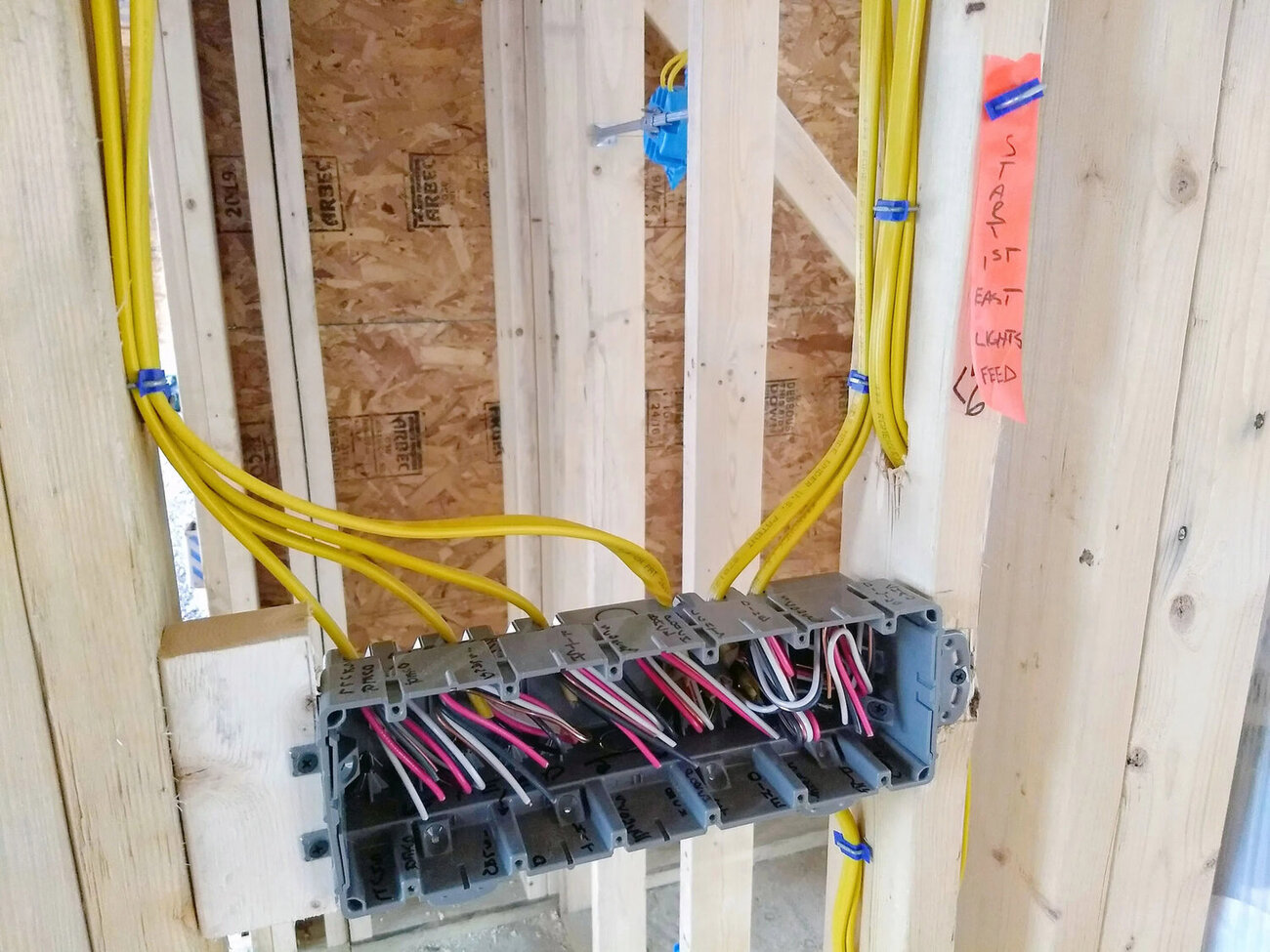
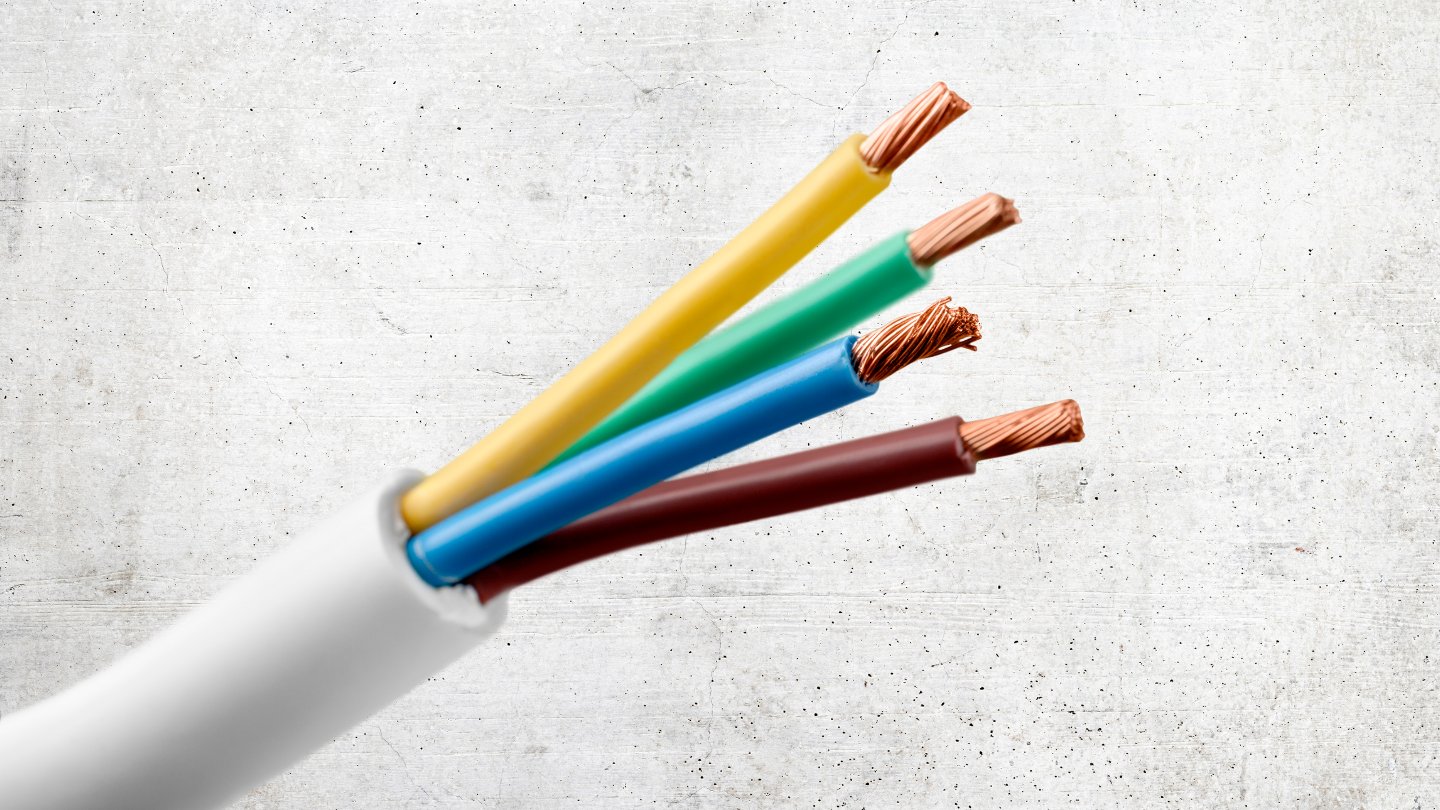
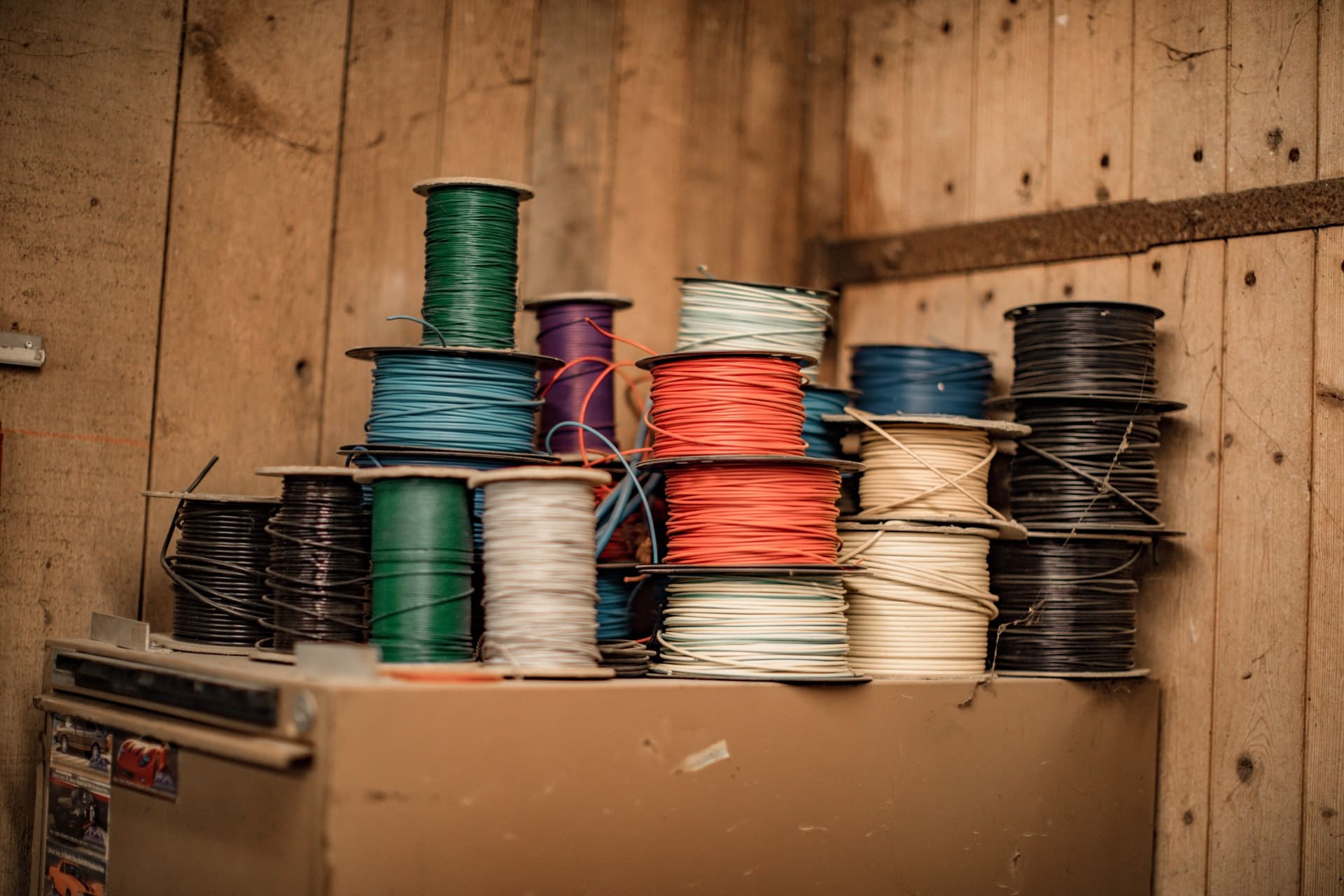
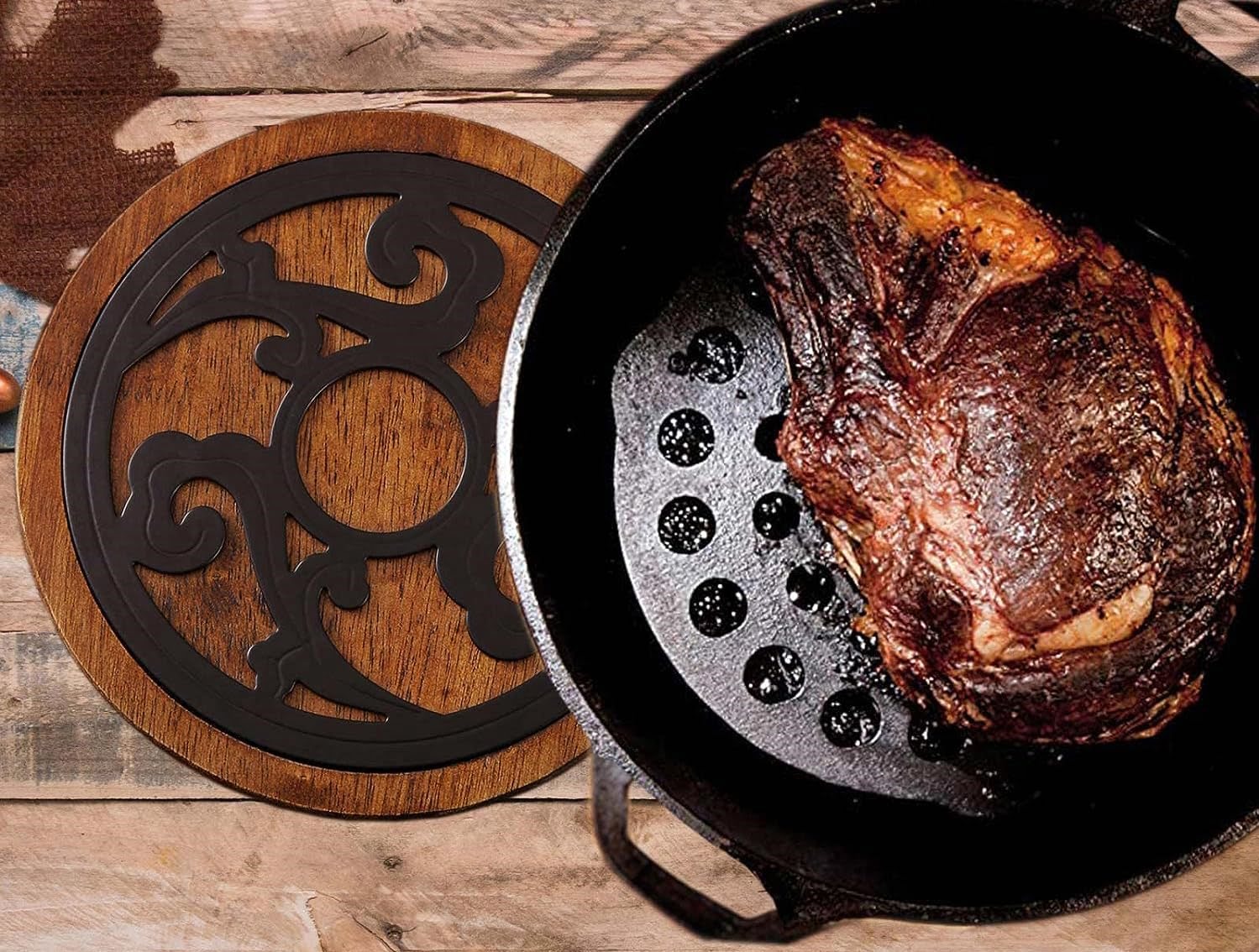
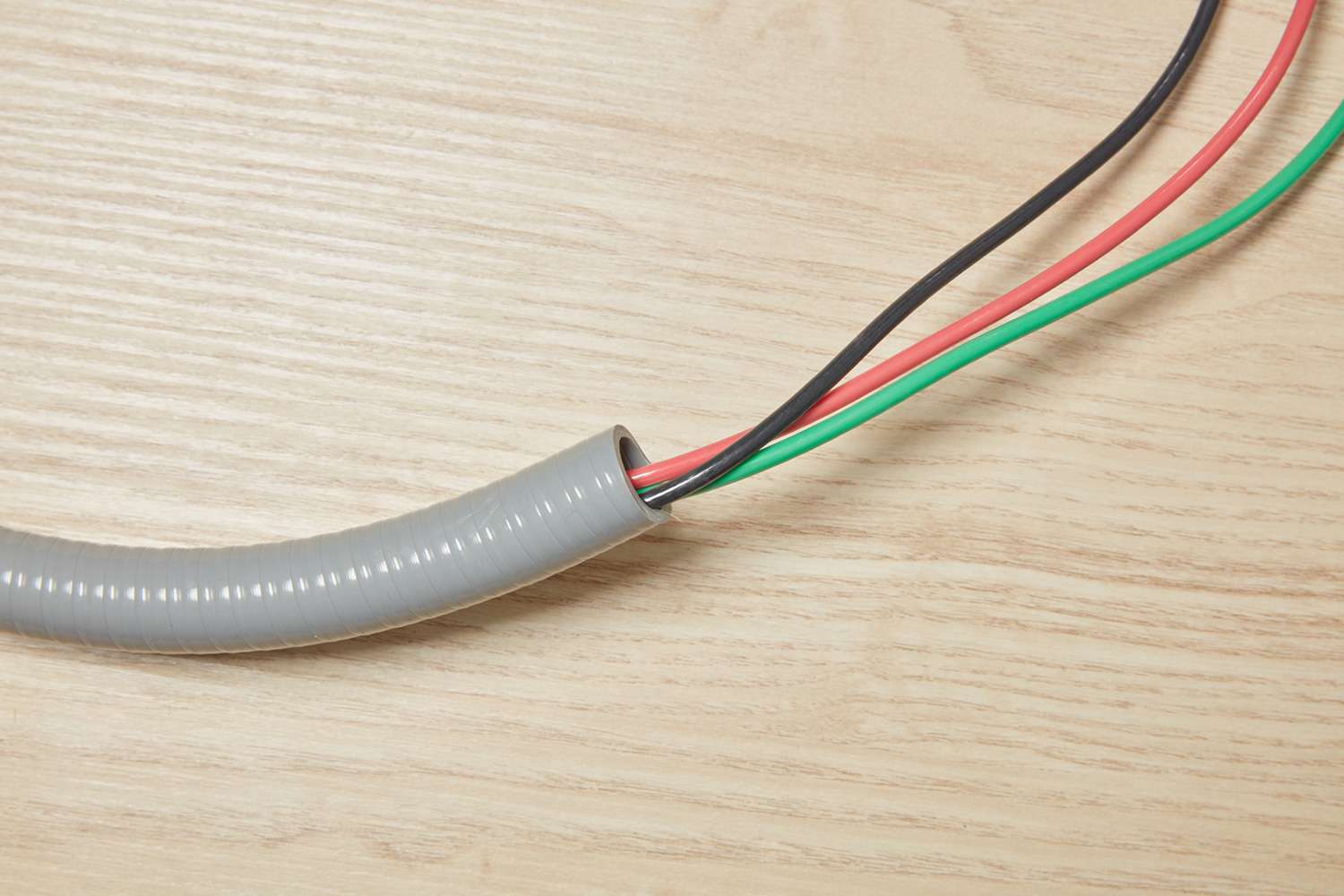
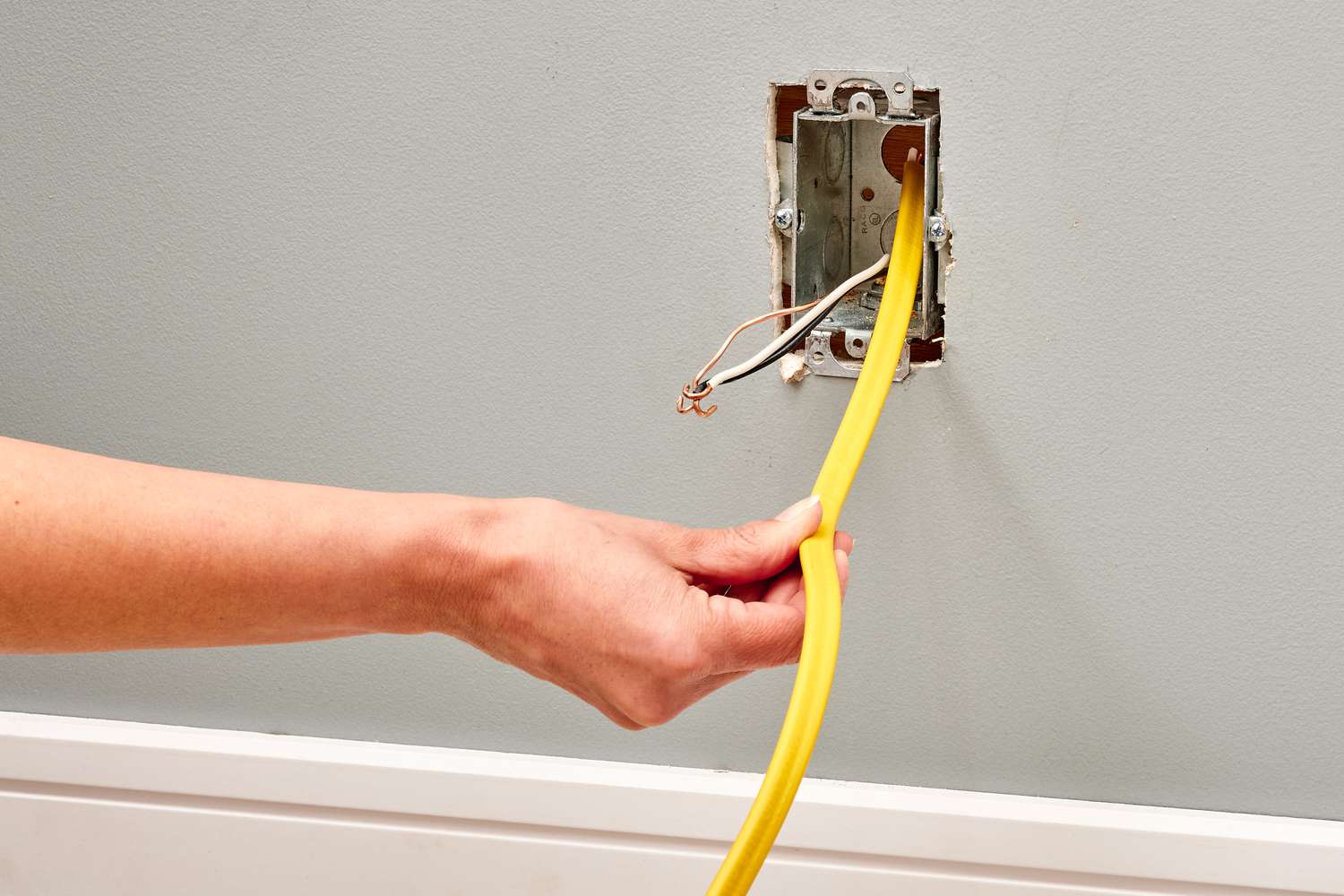
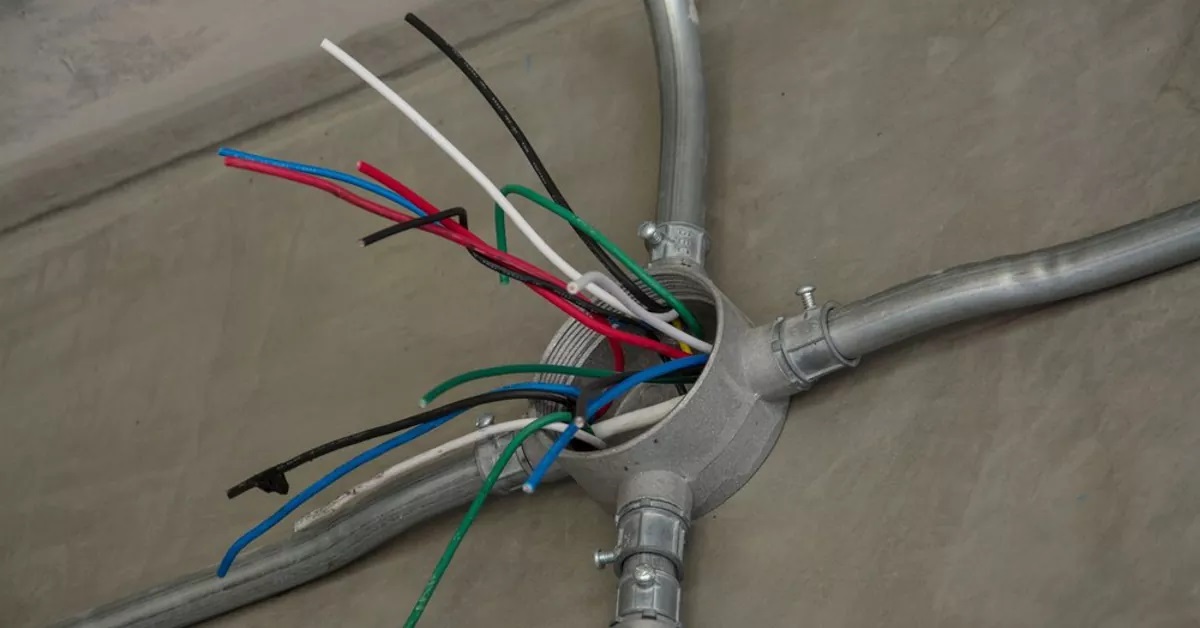
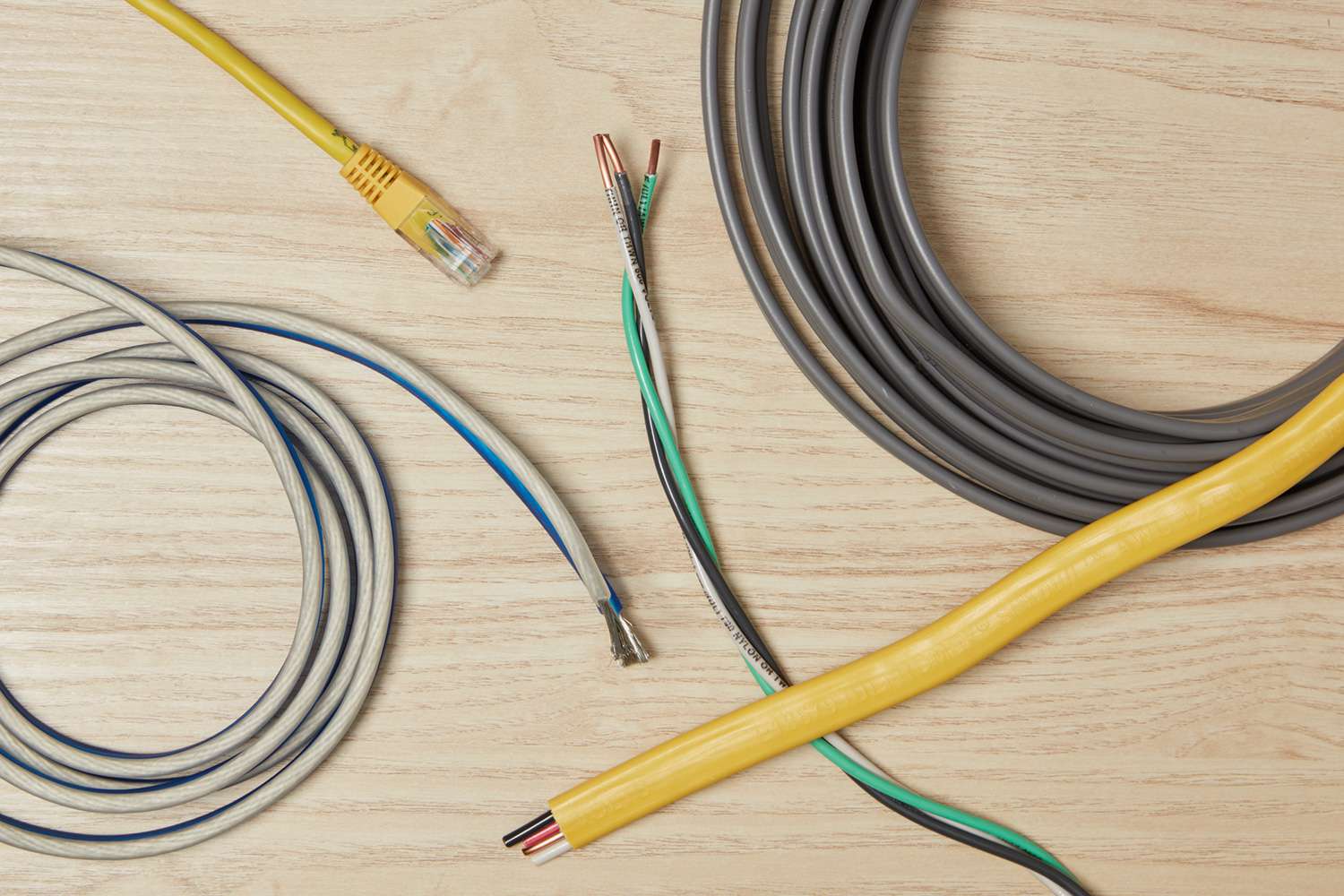
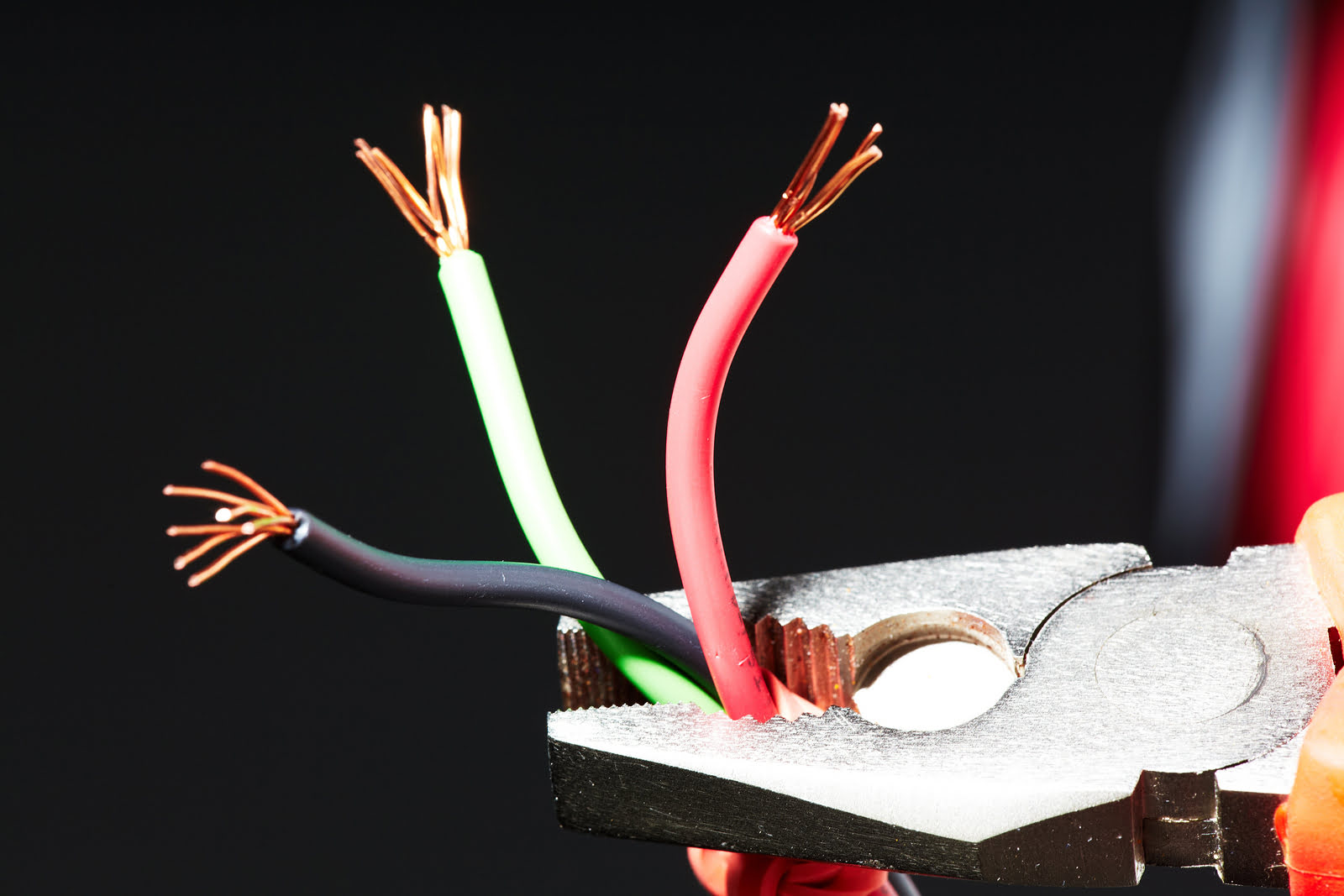
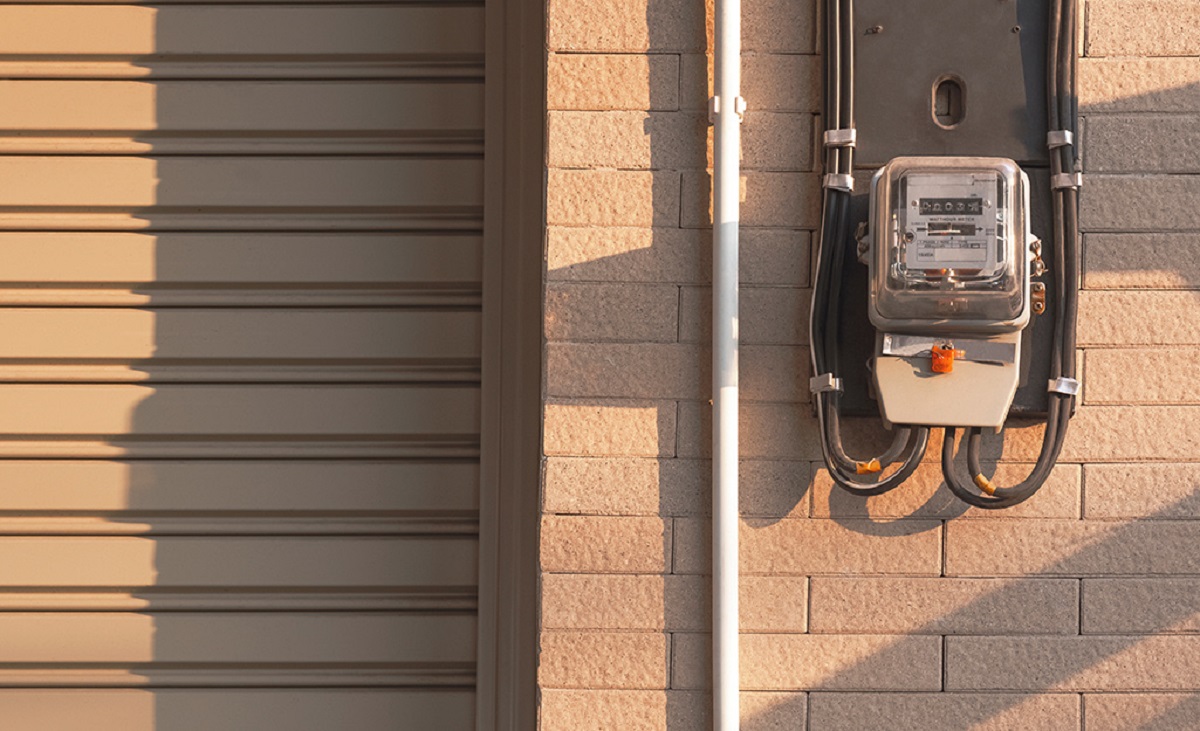
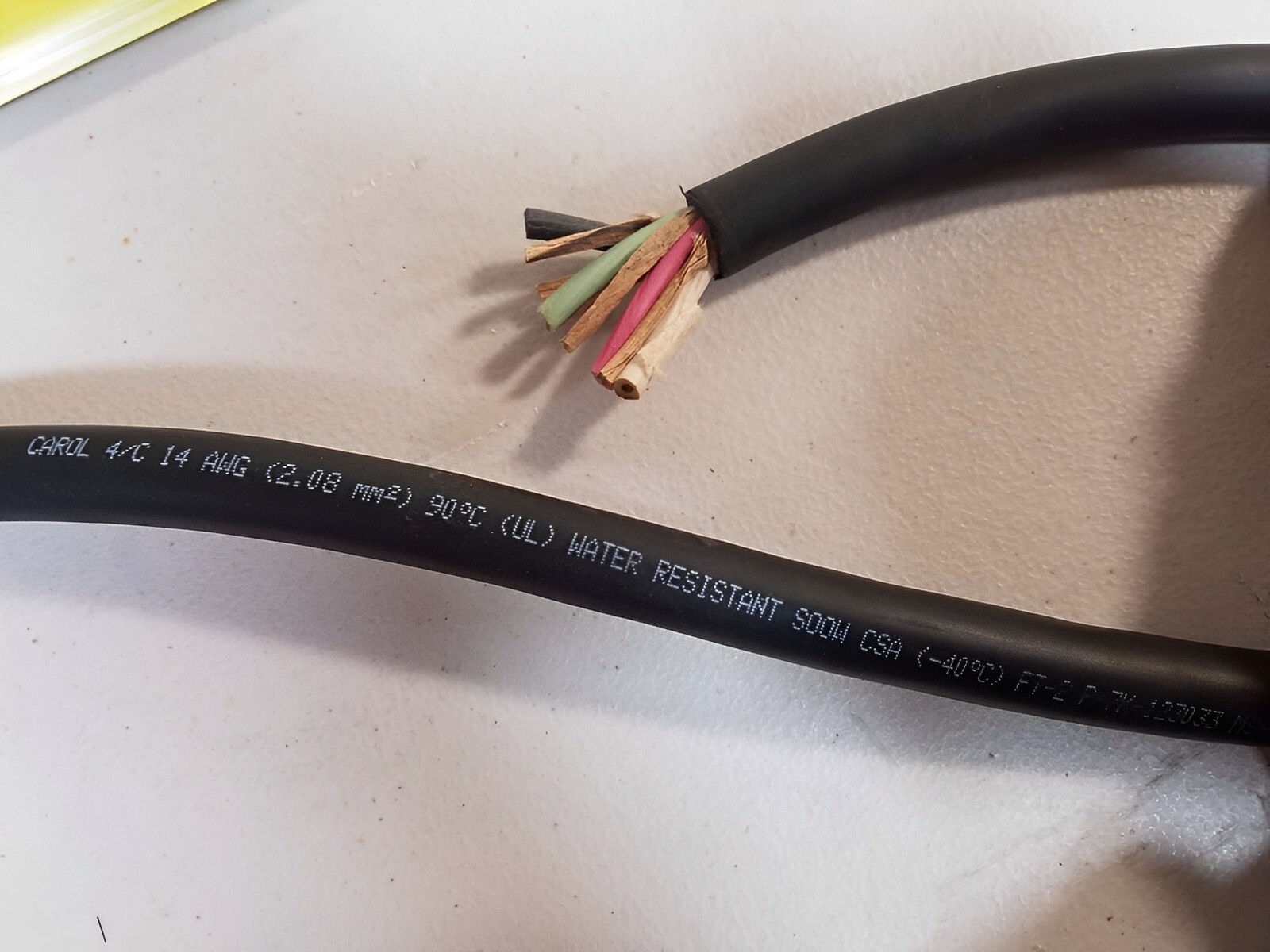
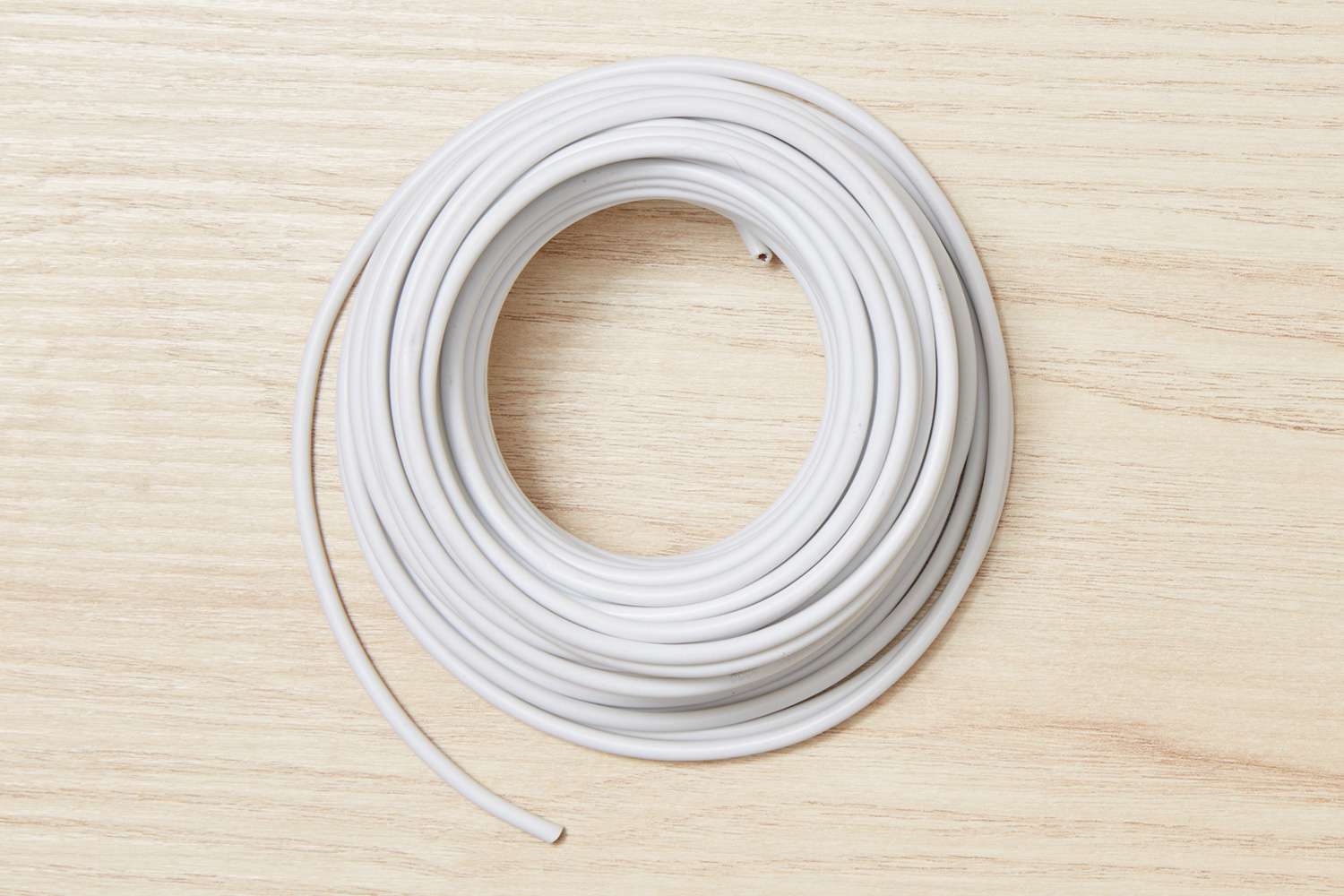

0 thoughts on “What Kind Of Electrical Wire To Use Outside”